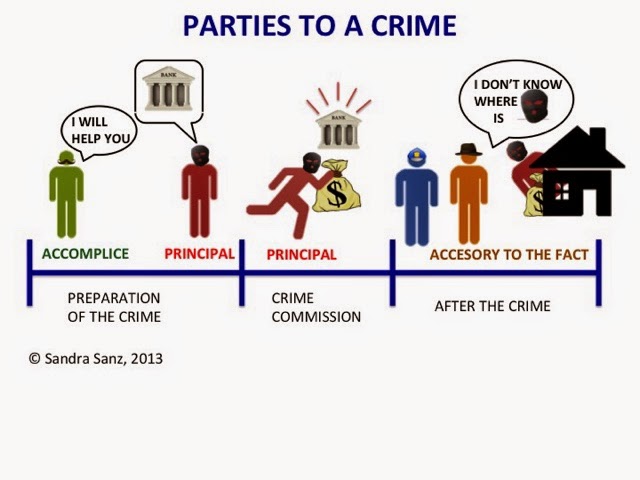Void Marriages and Declaration of Absolute Nullity of Marriage
Philippine Laws do not warrant DIVORCE in the country. It is enshrined in the 1987 Philippine Constitution that:
"Marriage, as an inviolable social institution, is the foundation of the family and shall be protected by the State. Hence, the State recognizes the Filipino family as the foundation of the nation. Accordingly, it shall strengthen its solidarity and actively promote its total development."
What is not warranted in our laws is the ABSOLUTE DIVORCE that is enjoyed by people in the some foreign States. Although we do not have this ABSOLUTE DIVORCE, but our laws provide instances on which a PARTIAL DIVORCE may be sought. This PARTIAL DIVORCE is known in the country as ANNULMENT.
In the Philippines, a marriage may be declared null and void or be annulled depending on the grounds attendant to the situation.
In this post, what would be discussed are those marriages that are void from the beginning and the procedures on declaring the absolute nullity of these marriages.
What are void marriages?
1. Those contracted by any party below eighteen (18) years of age even with the consent of parents or guardians;
2. Those solemnized by any person not legally authorized to perform marriages UNLESS such marriages were contracted with either or both parties believing in good faith that the solemnizing officer had the legal authority to do so;
3. Those solemnized without a license;
4. Those bigamous or polygamous marriages;
5. Those contracted through mistake of one contracting party as to the identity of the other;
6. Those subsequent marriages that are void because of non-compliance to the recording requirement to the appropriate civil registry and registries of properties the judgment of annulment or or absolute of nullity of the marriage, the partition and distribution of the properties of the spouses, and the delivery of the children's presumptive legitimes.
7. A marriage contracted by any party who, at the time of the celebration, was psychologically incapacitated to comply with the essential martial obligations of marriage, even if such incapacity becomes manifest only after its solemnization;
8. Incestuous marriages between, whether the relationship between the parties be legitimate or illegitimate:
a. Between ascendants and descendants of any degree; and
b. Between brothers and sisters, whether of the full or half blood;
9. Those marriages which are void for reasons of public policy:
a. Between collateral blood relatives, whether legitimate or illegitimate, up to the fourth civil degree;
b. Between step-parents and step-children;
c. Between parents-in-law and children-in-law;
d. Between the adopting parent and the adopted child;
e. Between the surviving spouse of the adopting parent and the adopted child;
f. Between the surviving spouse of the adopted and the adopter;
g. Between an adopted child and a legitimate child of the adopter;
h. Between the adopted children of the same adopter;
i. Between parties where one, with the intention to marry the other, killed that other person's spouse or his or her own spouse.
Who may file?
A petition for declaration of absolute nullity of void marriage may be filed SOLELY by the husband or the wife.
Where to file?
The petition shall be filed in the Family Court or in the absence of the Family Court, in the Regional Trial Court designated and acting as Family Court.
What is the venue?
The petition shall be filed in the Family Court of the province or city where the petitioner or the respondent has been residing for at least six (6) months prior to the date of filing or, in the case of non-resident respondent, where he may be found in the Philippines, at the ELECTION of the petitioner.
Imprescriptibility of action or defense?
An action or defense for the declaration of absolute nullity of void marriage shall not prescribe.
Sources: The Family Code of the Philippines, Rule on Declaration of Absolute Nullity of Void Marriages and Annulment of Voidable Marriages, The 1987 Philippine Constitution


Comments
Post a Comment